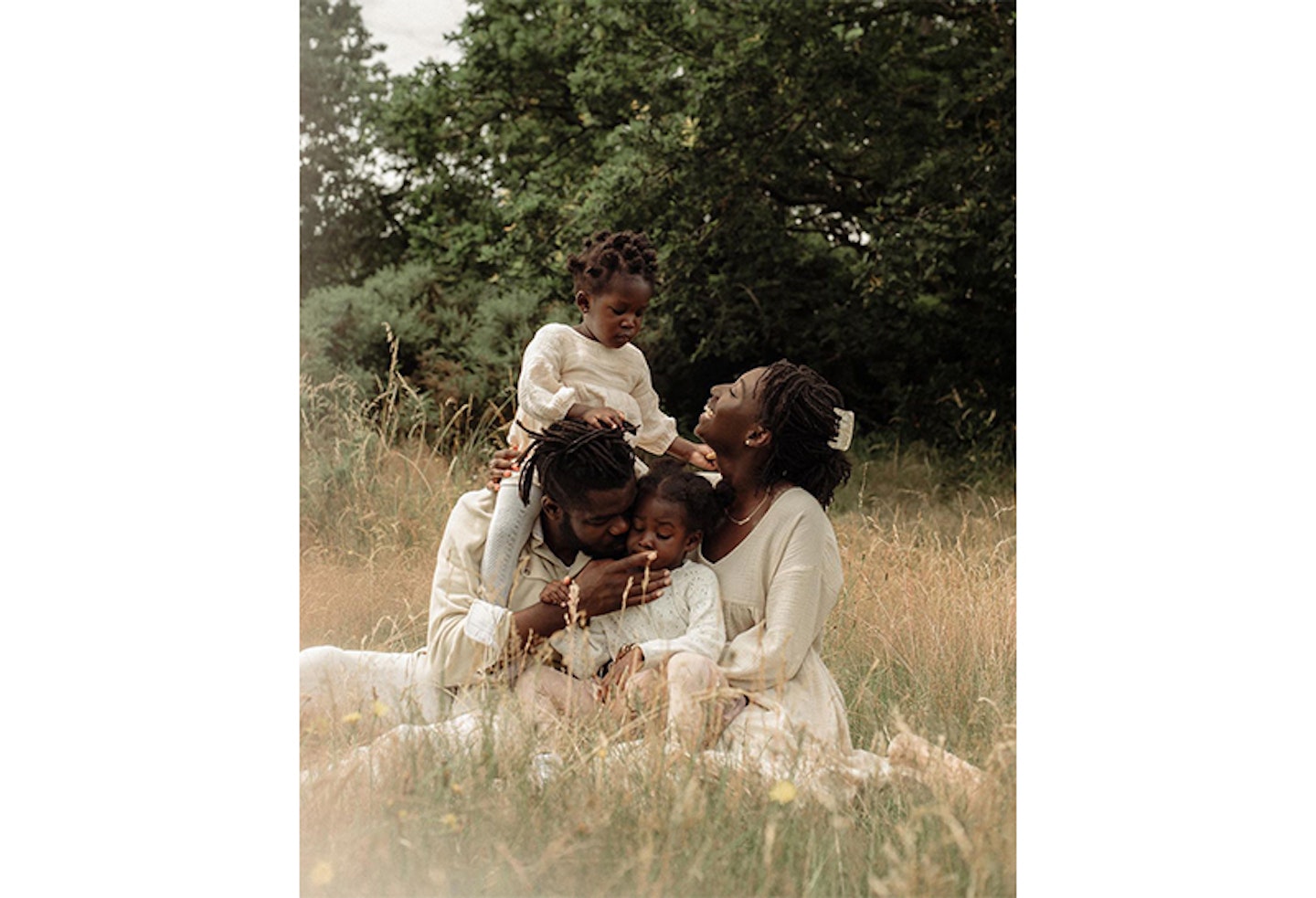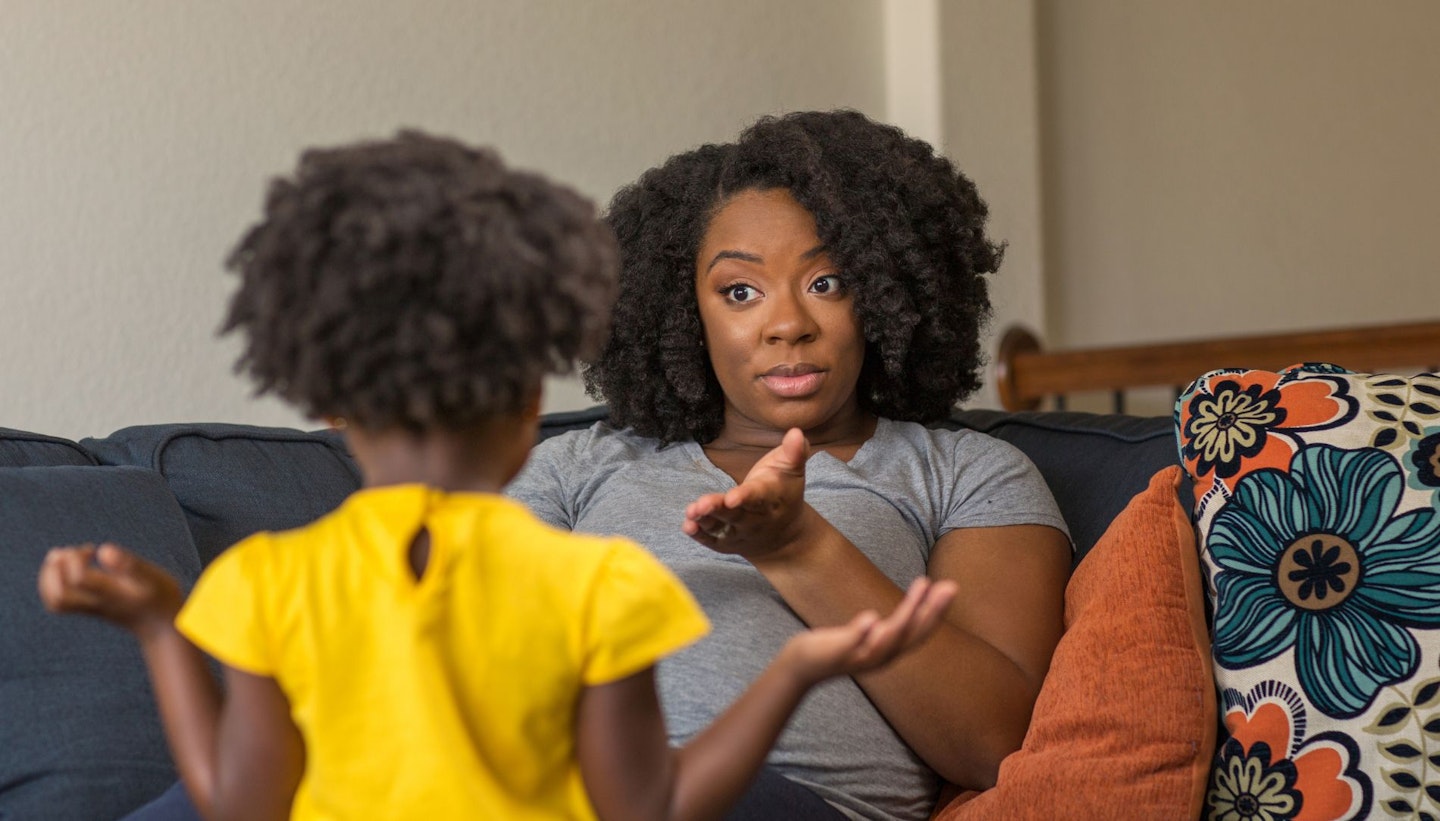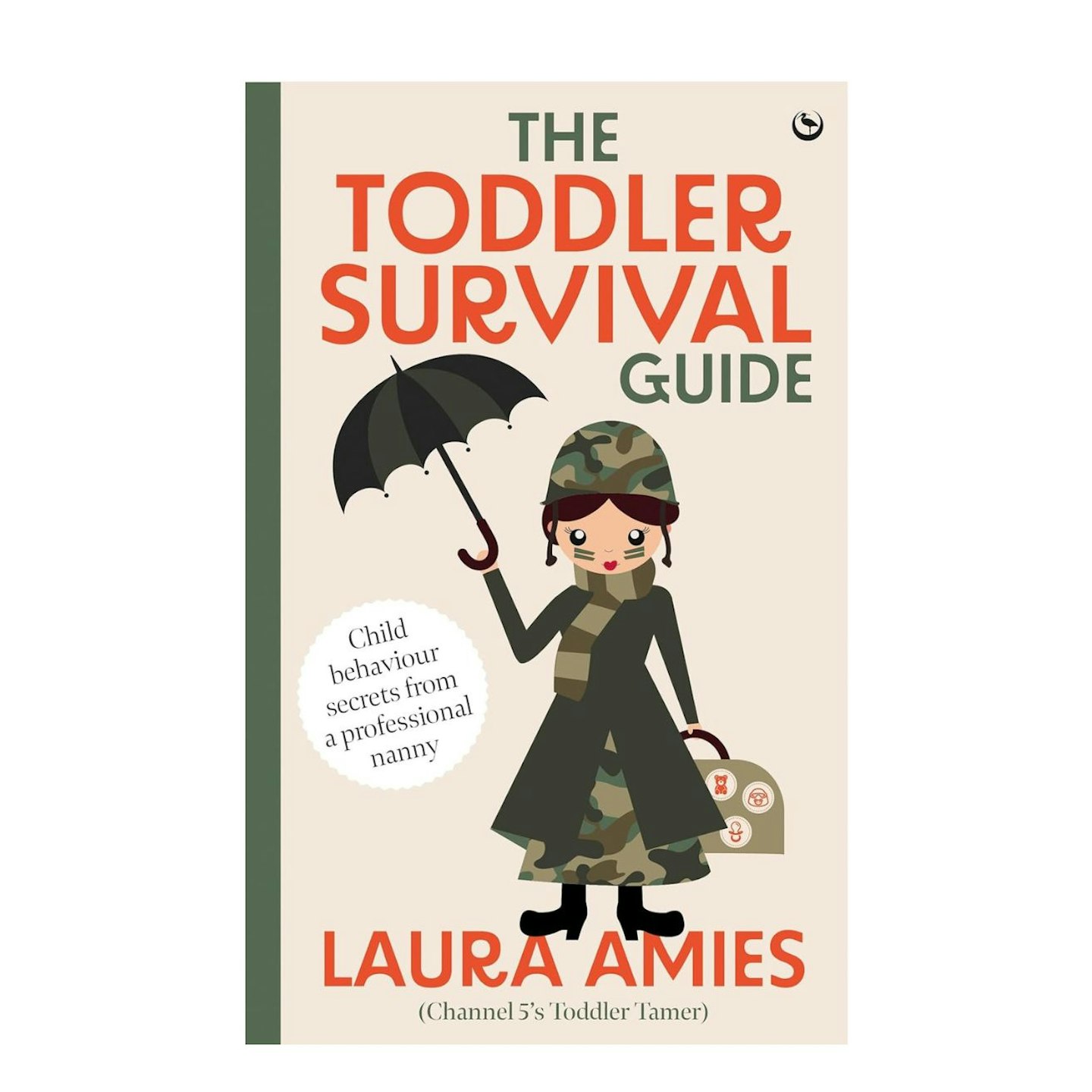Have you ever found yourself in a parenting dilemma—your toddler is throwing a tantrum in the middle of the grocery store, and you’re wondering, Am I too strict? Too lenient? What’s the right way to handle this? You’re not alone.
Parenting can often feel like a maze—rewarding but oh-so-confusing. We’ve all been there, questioning whether we’re setting the right boundaries or handling those tricky moments the best way possible. While there’s no universal “right” way to parent, understanding the different parenting styles might help you feel more confident in your approach.
To explore this topic, we spoke to parenting expert Laura Amies (aka Nanny Amies), author of The Toddler Survival Guide, and mumfluencer Chaneen Saliee, who brings relatable real-life parenting wisdom to the table. With their guidance—and some fascinating research—we’re here to help you decode the four main parenting styles and figure out what resonates most with you.
What are the four parenting styles?
Developmental psychologist Diana Baumrind introduced us to the four core parenting styles, which balance two factors:
Responsiveness: How warm and sensitive you are to your child’s needs.
Demandingness: How much control and structure you enforce in their behaviour.

Let’s break them down:
1. Permissive (High Responsiveness, Low Demandingness)
These parents are nurturing and warm but tend to avoid setting boundaries. Their children may struggle with self-regulation and authority and often rank lower in happiness and discipline.
2. Authoritative (High Responsiveness, High Demandingness)
Widely regarded as the “gold standard” in Western cultures, this style is firm but fair. Parents set clear expectations, encourage open communication, and balance support with structure. According to a research, kids raised in this style tend to be confident, capable, and well-adjusted.
3. Authoritarian (Low Responsiveness, High Demandingness)
Think “strict rules, no exceptions.” Authoritarian parents focus on obedience and order, often leaving little room for emotional connection. This can lead to children who are obedient but may struggle with self-esteem and independence.
4. Neglectful (Low Responsiveness, Low Demandingness)
These parents are uninvolved, often due to personal challenges or lack of awareness. Children raised in this environment may struggle with low self-esteem and difficulty forming healthy relationships later in life.
The truth is, while there may be a whole host of styles and methods for parenting that each of us are drawn to, when it really comes down to it, we just do what is best for our family and ourselves in that given moment. And you don't have to commit to one style.
Parents often shift between different styles depending on the situation and their mindset. For instance, they might adopt an authoritarian approach when safety is a concern, such as stopping a toddler from running into the street, but take a more permissive approach to encourage exploration and independence during playtime.
Knowing the difference between gentle parenting and permissive parenting
Parenting expert Laura Amies, widely known as Nanny Amies and author of The Toddler Survival Guide, is a strong advocate for authoritative parenting. She believes this approach “sets children up to become well-rounded, resilient and effective members of society.” While authoritative parenting has gained immense popularity on social media under the label of “Gentle Parenting,” Laura takes issue with the term, calling it “misleading and often confused with permissive parenting.”
In her book, she explains, “There’s a huge number of parents who are desperate to break generational cycles, who are doing their best and who proudly state they are the gentle kind… but, often without having fully researched the ethos behind it.”
Tears don’t equate trauma
Although Laura strongly supports the principles of gentle parenting, she believes many parents striving for it unintentionally fall into permissive parenting. Why? She explains, “I believe this is because the word ‘gentle’ has many parents convinced that anything that remotely resembles tears in response to a boundary can’t possibly be gentle.”
This misconception can lead parents to shy away from setting and enforcing boundaries, out of fear of causing distress or tears. However, as Laura clarifies in her book, “Tears alone do not equate trauma. When tears hugely influence your parenting approach, it can mean that the captain of your ship is not yet old enough to drive.”
Finding the balance
Gentle parenting isn’t about avoiding all discomfort or distress—it’s about balancing empathy with consistent boundaries. While it’s understandable for parents to want to protect their children from tears or conflict, Laura reminds us that these moments can be an important part of learning and growth. In fact, when done correctly, gentle parenting helps children feel supported while also teaching them resilience and self-regulation.
By understanding this distinction, parents can confidently provide the structure their children need while still showing compassion and love.

Mumfluencer Chaneen Saliee shares, "When I first became a parent, I read every book I could find—how to get your baby to eat, sleep, or behave like a little angel. But the truth is, when it comes to parenting, we’re all just doing the best we can in any given moment.
Generally, I would describe myself as a gentle parent, which I believe would fall under the Assertive Parenting Style. My approach is about creating a safe space where my kids can express themselves freely. For example, when my daughter was upset after a playground interaction, we brainstormed ways to help her feel brave. That included jumping off her bed onto a pile of cushions—an unconventional solution, but one that worked for her! Gentle parenting allows for open communication while setting boundaries. It’s flexible, but firm.”
Tips for a healthy parent-child relationship
Chaneen shares her go-to tips for building a strong bond with your kids:
-
Remember: A child will do good if they know how to. Children aren’t born knowing how to manage emotions or follow rules. Be patient and guide them.
-
Discuss, don’t just explain. Communication is a two-way street. Listen to your child’s perspective, even if it’s flawed—they’ll feel valued and understood.
-
Embrace negative emotions. Tantrums and “rude” remarks often mask frustration or confusion. Create space for your child to express these feelings without fear of judgment.
Ultimately, there is no one size fits all approach to parenting, and your own style of parenting will change as you all grow older and wiser together.
A mum of 4, who wishes to remain anonymous, shared, “I admit I matched up quite closely to the neglectful style of parenting when I had my first two children,” who are both now in their 20s. “I was a teen mum, basically a child myself and I didn’t know any better. All I knew was that I had to keep these two [children] alive.” Her third and fourth children (9 and 11) have a completely different mum, she says. “I now know how important it is for them to have me, focused and present. I can already see they have a much more confident approach to life.”

Expert-approved parenting tips from Nanny Amies
Here Nanny Amies share expert-approved strategies for promoting emotional resilience, self-confidence, and healthy development in your child:
1. Allow your child to feel and process negative emotions
"If one of your parental goals is for your child to develop emotional resilience (and despite me being sorry to drop a ‘should bomb’, it should be), there’s a hard pill to swallow." Let your child experience negative emotions and work through them. While it may involve tears or frustration, these moments are critical in helping children develop resilience and emotional strength.
2. Offer calm support instead of quickly fixing problems
"When children are faced with frustrations or disappointments, such as not being able to fit a jigsaw piece into a puzzle, it’s advisable to calmly support as opposed to quickly fix." Instead of immediately solving the problem for your child, offer calm support. A simple suggestion, like "What happens if you flip the piece over?", encourages problem-solving and builds their confidence in managing challenges independently.
3. Set appropriate boundaries with love and consistency
"I can’t shout this loud enough; appropriate boundaries, offered in a loving, calm manner could never have a negative impact on the relationship between you and your child. Not ever." Boundaries are essential for your child’s well-being and development. Setting clear, consistent boundaries while maintaining a calm and loving demeanour fosters trust and helps your child understand expectations without damaging the parent-child relationship.
4. Understand that displeasure is often about the rule, not you
"When children become upset due to the maintenance of certain boundaries, their true upset is directed towards the rule, not you." If your child becomes upset about a rule, it’s not a reflection of their feelings toward you, but rather the boundary itself. Recognising this allows you to stay calm and consistent in enforcing the rules without taking their emotions personally.
5. Limit screen time for healthy development
“Parenting is the toughest job anyone will ever take on, a minefield of dos and don’ts which not only impact day to day life, but also map out our children’s future habits, outlook and overall development. For me, the biggest, most widespread parenting technique that’s having a negative impact on child development is the overuse of screens and digital devices.
Some sensible screen usage can be used as a parenting ally, however the overuse of low quality, streaming content is impacting youngster’s attention spans, communication skills, patience and in extreme cases, even eyesight.
It’s a topic which many parents simply can’t stomach due to the dependency the whole family unit has on screens, however there’s a direct correlation between the amount of screen time a child gets and the amount a tired parent feels they need to use.
For example, the more a toddler views low quality content, the less patience they have, therefore the greater the need the parent feels they have to use it. A vicious circle."
Excessive screen time, particularly low-quality content, can negatively affect your child's attention span, patience, and social skills.
Limiting screen time and being mindful of the content helps promote healthier development, while breaking the cycle of overuse caused by parental fatigue.
Pre-order now! This title will be released on February 11, 2025.

No matter your starting point, remember: parenting isn’t about perfection. It’s about finding what works for your unique family. As Chaneen reminds us:
"Do what feels right for you, even when others say you’re too soft or too strict. Nobody knows your child—or your relationship with them—better than you do."
What’s your parenting style? Whether you’re permissive, authoritative, or somewhere in between, the key is to be kind to yourself. Parenting is hard work, but with love, patience, and a willingness to grow, you’re already doing an amazing job.
About the experts
Chaneen Saliee is an author and social media influencer, who also won The Mum List 2020. Chaneen also owns her affordable breastfeeding clothing line, Chic and Discreet.
Laura Amies – aka Nanny Amies – has worked with hundreds of children across her 20-year career, both in nurseries and as a private nanny, and was the TV expert "toddler tamer" for Channel Five’s 'Toddlers Behaving (Very) Badly'. Her new book, The Toddler Survival Guide is available to pre-order now. She has a combined social media following of 260K and has been featured in the Sun, the Daily Mail, Metro, Hello!, Radio Times, Yahoo, CafeMom and on BBC's Women's Hour and BBC's the Jeremy Vine show.
About the author
Anne Lora Scagliusi is a Senior Digital Writer at Mother & Baby. She is a Scotland-based journalist with over a decade of international writing experience, specialising in women’s health, maternal mental health, and wellness. Her work has been featured in Vanity Fair, Marie Claire, and Glamour and has appeared on several Vogue global editions. She is mum to a one-year-old bambino and lives between Italy and the UK. You can follow her on Instagram.
